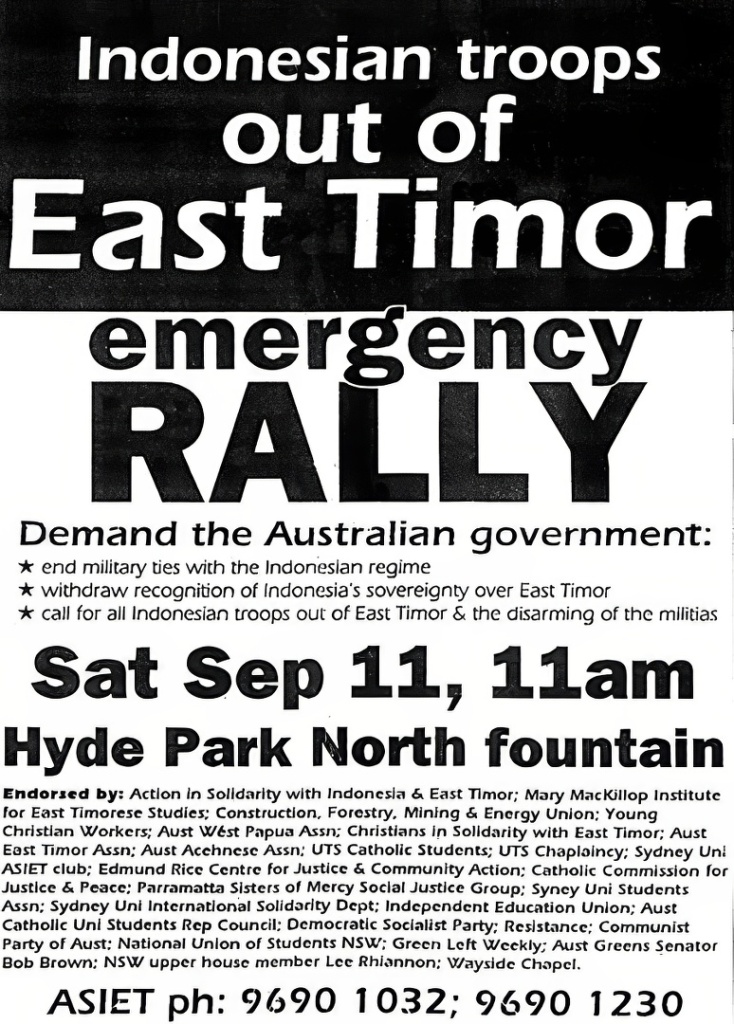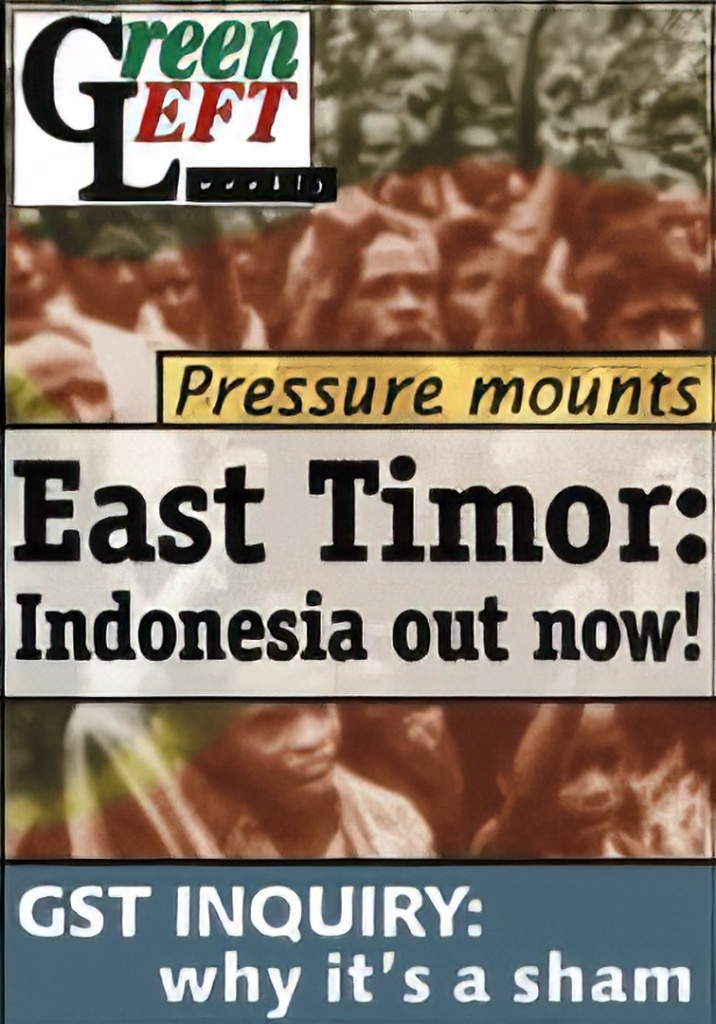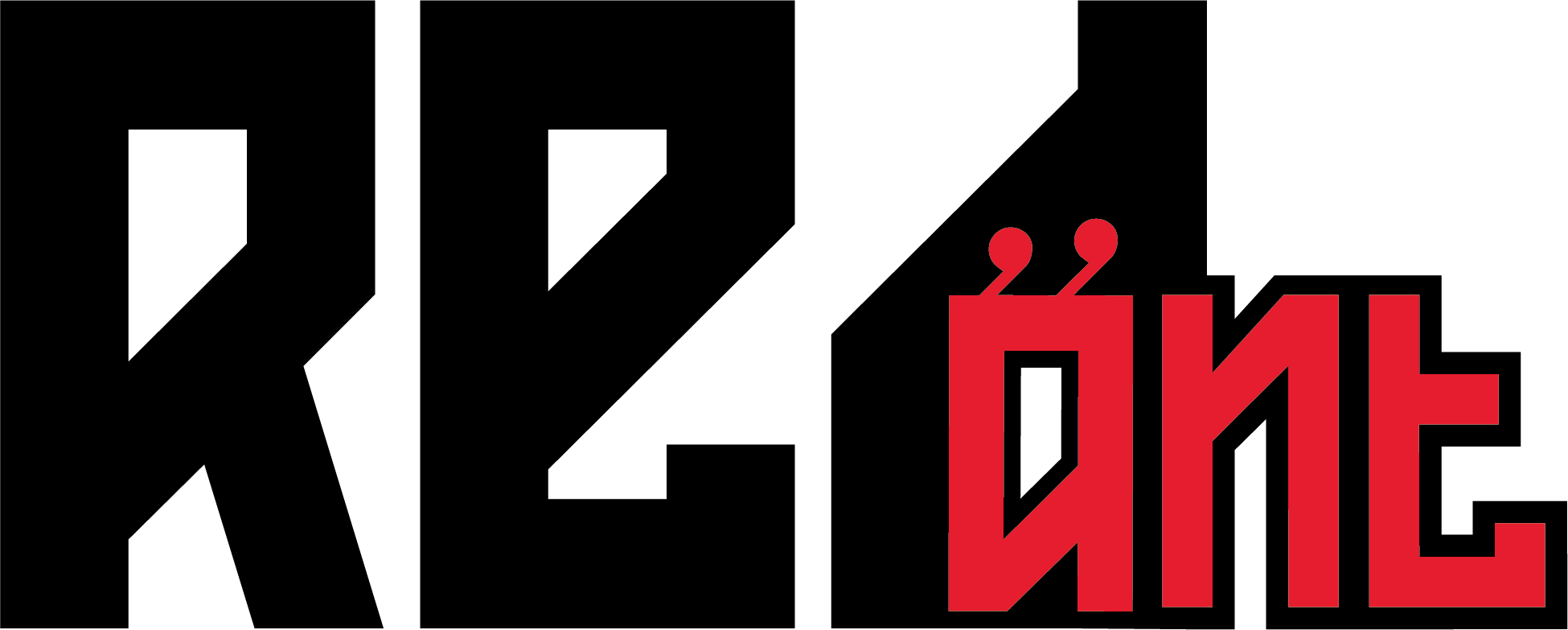
By Max Lane
On May 19th, one day before the commemoration of Timor Leste’s second proclamation of Independence I accepted the Medal of Honour of Timor Leste from President Ramos Horta at a ceremony where 14 other people also accepted such awards. The award was primarily in recognition of my participation in solidarity campaigning for Timorese independence in the 1990s as well as writing on Indonesia and Timor and on translating and writing about Pramoedya Ananta Toer.
As somebody with radical politics I gave some thought to the appropriateness of accepting an award from a state. In the end there were a few factors that led me to accepting it.
Firstly, the national political leadership of Timor Leste, including its current President, Jose Ramos Horta, led the national liberation struggle which won independence and a state for Timor – a struggle that was won at the cost of many fallen, wounded in battle, jailed or exiled. Notwithstanding our differing ideologies, they have the right to formally note in the name of their struggle the role of international solidarity in that struggle. Non-Timorese people should respect that right.
Secondly, it is important that all the political strands of international solidarity can be formally noted so that the next generations wanting to learn from historical experience will more easily be able to study that experience.
Thirdly, in accepting the award I did so as a recognition of all the campaign work done by Action in Solidarity with Indonesia and East Timor (ASIET), of which I was National Coordinator, during the 1990s, up until 2000. The award citation did not mention ASIET itself, just mentioning my solidarity activity, writing about Indonesia and Timor Leste and also about banned Indonesian writers, referring to my latest book, Indonesia Out of Exile. However, for me, though not officially, I was also accepting it as recognition of ASIET’s contributions.

There were scores of ASIET members across Australia who organised rallies, marches, pickets, vigils, hunger strikes, public forums, educational events and who published booklets, pamphlets, newsletters and who screened and also made documentaries. They also organised speaking tours of those brave Indonesian activists who came to Australia to speak against the dictatorship in their country and against its occupation of Timor Leste.
Many ASIET members were also members of the Democratic Socialist Party (DSP) or the socialist youth organisation, Resistance. Others were not aligned to any political group, but strongly supported the twin goals of ASIET: to provide solidarity to both the Timorese struggle for national liberation and the struggle for democracy in Indonesia. The adoption of these twin goals distinguished ASIET from other campaign organisations around the world – while noting that there were also publications that did so, such as TAPOL in the United Kingdom and INSIDE INDONESIA in Australia.
The fact that many members of the DSP and Resistance were members of ASIET was not an accident. The DSP and Resistance, as organisations of democratic socialists committed themselves to supporting the struggle for independence of Timor Leste and democratic change in Indonesia. It was discussed at Congresses, National Committee meetings and in the branches and these struggles were reported on every week in the Party’s newspaper of the 1990s Green Left Weekly. Socialists are committed to opposing all forms of oppression and Australian socialists are additionally obliged to prioritise fighting against the complicity of their own state in such oppressions. The Australian state, through both ALP and LNP governments, were consistent supporters of the Suharto dictatorship, including in its occupation of Timor Leste.
As I said, there were scores of such ASIET activists. I would like to mention a few.
There was Jon Lamb, who was active on the ground in every aspect of campaigning and who wrote regularly on the Timor solidarity struggle in Green Left Weekly newspaper, under the pen name Jon Land. James Balowksi has maintained the ASIET Website (now renamed indoleft.org) non-stop on a voluntary basis for over 25 years. That website is still the best place to go for a digest of English language news on Indonesia, West Papua and Timor Leste.

Rebecca Meckelburg was key in the ASIET National Secretariat. Rebecca, who is now a scholar of Indonesian rural society, was also key with the organisation of the 1996 EAST TIMOR: Its Future in the Asia Pacific Conference that brought together for the first time leaders of the Indonesian democracy movement and the Timorese National Liberation Movement in Sydney 1996. Initiated by Professor Magalhaes from the University of Oporto, I was asked to be the conference coordinator.
Jill Hickson made very important educational documentaries on Indonesia and East Timor and was key to the organising of the 1998 Asia Pacific Solidarity Conference, of which I was convenor. Mari Alkatiri, from FRETILIN, spoke at the conference and Jose Ramos Horta sent a video message from Portugal.
Vanessa Hearman, now an author on Indonesian and Timorese political history, Michael Leach (now a professor and leading commentator of Timorese affairs in Australia), and Janet Parker who was key to organising the big 11 September, 1999 demonstration in Sydney called by ASIET, are just a few of many others that all worked hard for the campaigns.
Nick Everett was also a very active member. Sam King, active in ASIET in Adelaide, was also on the ground in Dili in September, 1999 writing for Green Left Weekly and ASIET.
There is not the space or time here to be able to relate the outstanding individual contributions of so many members.
ASIET, and all the several Australian based solidarity groups, were strengthened by being able to work with the Timorese communities in Australian cities, who mobilised through their political parties (FRETILIN and UDT) or other organisations. They were the spearhead and provided the critical mass to spur on the movement during the 1990s, especially after the 1991 Santa Cruz massacre.
Additionally, ASIET’s collaboration with the Peoples’ Democratic Party (PRD) in Indonesia meant it could bring activists to Australia to tell Australians that there were also Indonesian democrats campaigning in solidarity with the Timorese struggle. In 1996 many of these were jailed or had to go underground. In 1997 several more were disappeared, presumed murdered, including the movement poet, Wiji Thukul.
It was very pleasing that at the same award ceremony, one of the founding leaders, and a central figure in the whole PRD movement, also received the Medal of Honour of Timor Leste – Danial Indrakusuma. Leading the PRD from the underground during the 1990s, his name is less familiar to the Indonesian public compared to those members who were assigned the role of the being the public face of the party. Danial, together with all the activists of the PRD, made a much bigger contribution to solidarity with the Timorese struggle than I did. They both demonstrated for Timorese freedom in Jakarta, alongside Timorese, and under a dictatorship, as well as spearheaded the struggle that forced Suharto from power.
It was also through this collaboration that ASIET was brought into contact with the activists of the Timorese socialist current (now the Socialist Party of Timor – PST) and its leader Avelino de Coehlo. That enriched and inspired solidarity, both then and now. Avelino was the leader of the Black Brigade, organising Timorese inside Indonesia.
There is a fourth reason for receiving this award in 2024 – to take every opportunity to emphasise the importance of collectively organised international solidarity in winning justice and peace around the world. Now, with the international campaign for a ceasefire in Gaza and for full justice for Palestinians, we see again people, especially young people, mobilising in solidarity with an occupied nation, that of the Palestinian people.
We used to all raise our fists with the cry: Viva Timor Leste!
Now it must be Ceasefire Now! And also Free Palestine!
Indeed, the struggle against a world divided so horrifically between rich and poor, exploiter and exploited countries must continue until those divisions are abolished.
And meanwhile in each of our own countries, the struggle for full social justice and fullest democracy must continue.
+++++++++++++++
At the social event following the awards ceremony in Dili, East Timor, we were approached by Ms. Henriqueta, the Deputy Chief of staff of the Presidency. She wanted to meet us, especially Danial, because as a student in Semarang in Indonesia in the 1990s, she had been in the BN, or Brigada Negra. The BN, led by Avelino Coehlo Shalar Kosi, under Xanana Gusmao as head of the Timorese Resistance forces (FALANTIL), organised Timorese resistance activity within Indonesia.
Danial had been active in organising solidarity actions, including joint Timorese Indonesian actions.
Ms Henriqueta had seen the references to the BN in the biography notes (See below). She and Danial chatted.


[…] Oppose the Australian State’s Involvement in Oppressions Overseas: From Indonesia and Timor Leste to Gaza and Palestinehttps://red-ant.org/2024/06/01/oppose-the-australian-states-involvement-in-oppressions-overseas-from… […]
[…] Oppose the Australian State’s Involvement in Oppressions Overseas: From Indonesia and Timor Leste to Gaza and Palestinehttps://red-ant.org/2024/06/01/oppose-the-australian-states-involvement-in-oppressions-overseas-from… […]